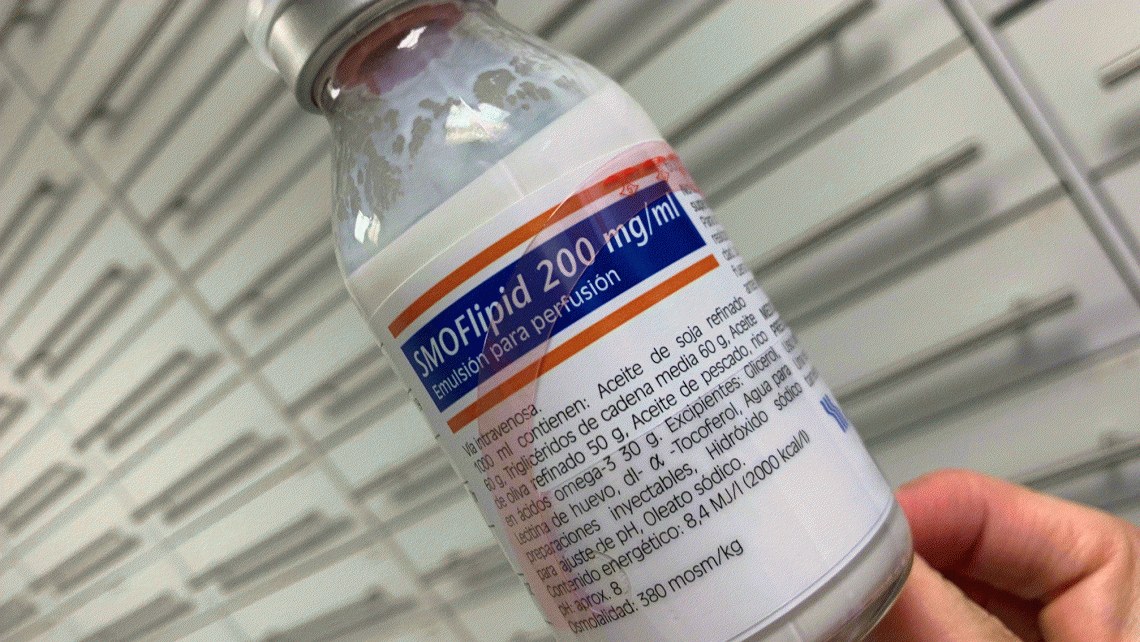
Discretionary use of intralipids in patients undergoing Assisted Reproduction Techniques
There has been a lot of discussion about therapies aimed at improving pregnancy rates; especially in patients that have gone through several cycles of treatment without positive results.
This is one of the most frustrating situations that doctors and patients can possibly have.
The inevitable question is:
What can we do to improve our chances? Isn’t there anything new?
We think that patients who have received 4 or more high quality embryos without any pregnancy should be thoroughly evaluated through an implantation failure study that should include the three fundamental elements for success: the female, male and embryo factors.
Unfortunately we can only find a cause in 50% of all cases, as the rest remain undiagnosed.
There has also been a lot of talk about the “immune factor” without any actual knowledge about the subject or real diagnostic method.
Several treatments have been proposed, and what they all have in common is that there is no scientific evidence that they improve results and therefore justify their use.
One of these treatments is called intralipids. This supposedly works by regulating the immune response.
Since its administration is quite simple, it has no side effects, is widely used as intravenous nutrition and it is well tolerated. It has been proposed as a supplementary therapy for this group of patients, even though no published studies have shown statistically significant differences to date. Therefore, we do not exactly know whether the supposed benefits are simply due to the placebo effect.
MORE RELATED INFORMATION:
- Inmunology reproductive unit.
- Implantation failure and repeated miscarriage. Treatment options.
- Antiphospholipid Syndrome: What is it? How does it affect pregnancy?
- Reproductive Immunology: What it is, causes, treatment and how it can affect the achievement of pregnancy.
Dr. Rafael Bernabeu, Instituto Bernabeu Medical director
